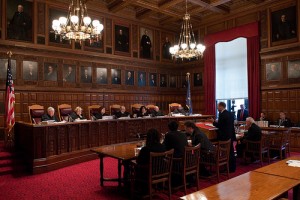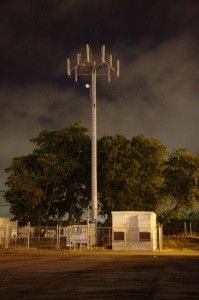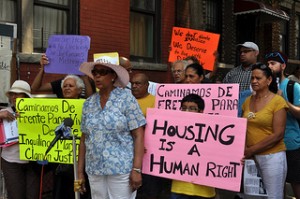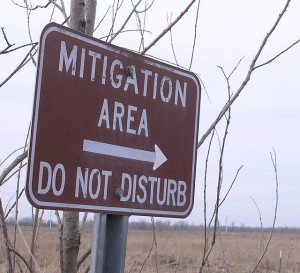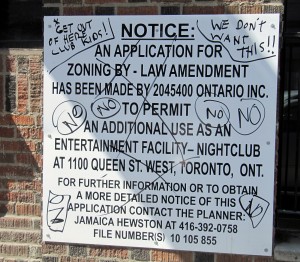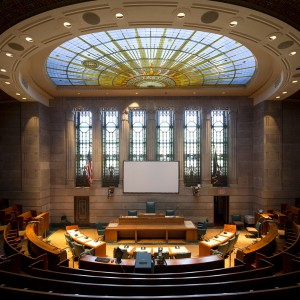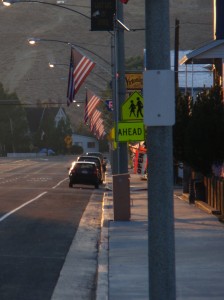The City of Roswell lost its case before the Supreme Court on what some might describe as a mere technicality–but overall local governments won.
In T-Mobile South v. City of Roswell the Supreme Court held 6-3 that the Telecommunications Act (TCA) requires local governments to provide reasons when denying an application to build a cell phone tower. The reasons do not have to be stated in the denial letter but must be articulated “with sufficient clarity in some other written record issued essentially contemporaneously with the denial,” which can include the council meeting minutes.
The Court agreed with the position in the State and Local Legal Center (SLLC)’s amicus brief that the reasons for a local government’s decision need not be in the same letter or document that denies the application and that council meeting minutes can be a sufficient source for the reasons for the denial. The Court disagreed, however, with the SLLC’s argument that the council minutes need not be issued contemporaneously with the document denying the wireless provider’s application.
T-Mobile applied to construct a 108-foot cell tower in a residential zoning area. Two days after a council hearing on the application, where city councilmembers voted to deny the application and stated various reasons for why they were going to vote against it, Roswell sent T-Mobile a brief letter stating that the application was denied and that T-Mobile could obtain hearing minutes from the city clerk. Twenty-six days later the minutes were approved and published.
The TCA requires that a state or local government’s decision denying a cell tower construction permit be “in writing and supported by substantial evidence contained in a written record.”
The majority of the Court, in an opinion written by Justice Sotomayor, held that local governments have to provide reasons for why they are denying a cell tower application so that courts can determine whether the denial was supported by substantial evidence. The Court rejected, however, T-Mobile’s argument that the reasons must be set forth in a formal written decision denying the application instead of council meeting minutes because nothing in the TCA “imposes any requirement that the reasons be given in any particular form.” But the Court also held that, because wireless providers have only 30 days after an adverse decision to seek judicial review, the council meeting minutes setting forth the reasons have to be issued “essentially contemporaneous[ly]”with the denial.
The Court’s ruling that written minutes can meet the TCA’s “in writing” requirement is favorable to local governments, many of which routinely compile meeting minutes regardless of whether a cell tower application is being considered. But the Court’s requirement that a local government issue a denial letter and minutes at more or less the same time will be new to many local governments, and, as Chief Justice Roberts points out in his dissenting opinion, “could be a trap for the unwary hamlet or two.”
Following this decision, local governments should not issue any written denial of a wireless siting application until they (1) set forth the reasons for the denial in that written decision, or (2) make available to the wireless provider the final council meeting minutes or transcript of the meeting at which the action was taken.
The Roberts’ Court has been frequently characterized as “pro-business.” Justice Roberts’ dissent belies that viewpoint. His opinion repeatedly refers to T-Mobile’s savvy and culminates in this sarcastic assessment of how T-Mobile likely suffered no harm by receiving the minutes after the denial: “T-Mobile somehow managed to make the tough call to seek review of the denial of an application it had spent months and many thousands of dollars to obtain, based on a hearing it had attended.”
Tim Lay, Jessica Bell, and Katharine Mapes of Spiegel & McDiarmid in Washington, D.C., wrote the SLLC’s brief which was joined by the National League of Cities, the United States Conference of Mayors, the National Association of Counties, the International City/County Management Association, and the International Municipal Lawyers Association.



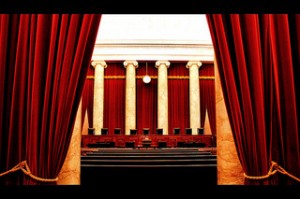

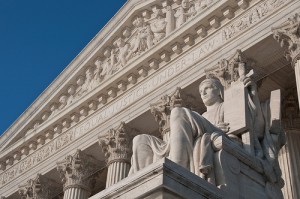
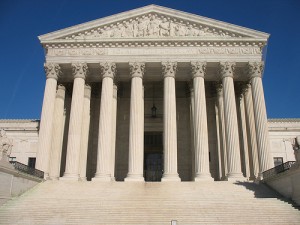


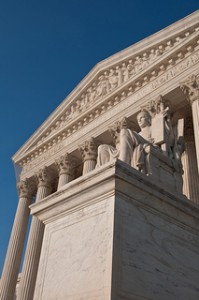 By Lisa Soronen [We are thrilled to have a guest post from Lisa Soronen, executive director of the
By Lisa Soronen [We are thrilled to have a guest post from Lisa Soronen, executive director of the 
